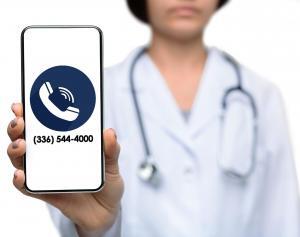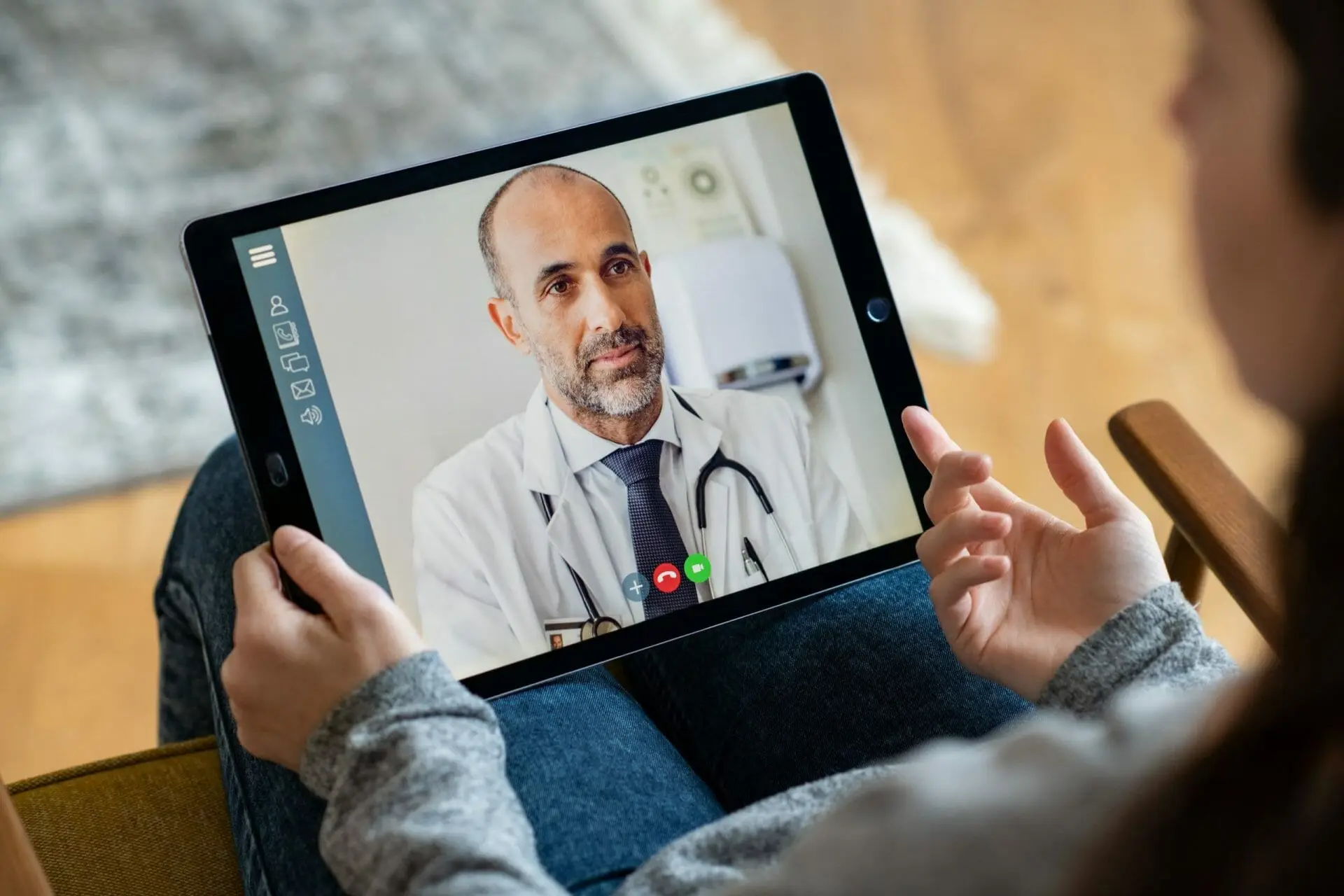Medical institutions and professionals are constantly looking for ways of evolving and being able to give the best possible healthcare and treatment to patients. The need for more readily accessible healthcare is growing. One in five adults in the United States is believed to live with some sort of mental illness or mental health problem.
For three years running, life expectancy has dropped in the US, which only serves to highlight the need for greater access to behavioral care and treatment in day to day life. Telehealth is one of the greatest tools available to behavioral healthcare providers when it comes to treating mental health.
Companies like Carolina Digital Phone allow healthcare professionals to provide important and essential services including therapy and helping those with mental health problems to work on overcoming barriers that can prevent them from getting the care they need, including things like cost, stigma, and time.
Even though there is a shortage of mental health professionals, the advancement of telehealth allows these professionals to get care to the areas where it is needed. Remote healthcare is becoming much more prevalent these days, and that is having a positive impact on the industry. Video collaboration increases the quality and longevity of personal care.
Here are five core lessons we can learn from the early adopters of telehealth, and how this can help you to benefit your business as a result.
1. Telehealth increases access to mental healthcare

So many people who suffer from mental health issues live in remote locations like rural communities and large, sparsely populated states. According to the AJPM around 65% of rural locations in the US don’t have access to a psychiatrist or a psychologist. This is where you can utilize telepsychiatry to make the difference and to try to overcome geographic barriers. At Carolina Digital Phone, we offer some of the best options for remote treatment, such as video conferencing.
2. Video yields the best patient outcomes
Communication is vital when treating patients suffering from mental health issues. Studies suggest that 93% of communication is non-verbal. Face-to-face interactions play a key role in the treatment of mental health, and the patients often don’t receive follow-up reminders they need when the video is taken out of the equation. Video conferencing, such as the type provided by Carolina Digital Phone, can go a long way toward emulating in-person visits, resulting in a more positive experience.
3. Telepsychiatry reduces trips to the ER
When people don’t get the help they need it can lead to them having to head to the ER more frequently. Not only is this a strain on medical resources, but it becomes a cyclical issue where the patient’s mental health is not being treated effectively. By breaking down the barriers of distance, it is clear that telepsychiatry can have a positive impact on dealing with mental health issues in patients.
4. Specialists can join the conversation to provide primary care
Many people who suffer from mental health issues need advanced care, and they don’t always get it. But this can often be because they don’t seek the help they need due to several different reasons that include things like stigma, lack of time, and poor access to resources. By making use of telehealth, patients don’t have to wait to seek further medical care and can be seen right away. Another benefit is that they can be fast-tracked to see and speak with other professionals more efficiently than clinic visits.
5. Telehealth reaches at-risk populations
Rising healthcare costs coupled with a shortage of mental health professionals is leading to problems within mental health services. People who live in poorer areas are much more susceptible to having their mental health go unchecked, and this can lead to deeper problems further down the line. Carolina Digital Phone uses a state-of-the-art VoIP system that allows you to keep your video links working and connected to your patients. Telehealth is going to play a key role in helping to treat mental health in the future, and you need to be prepared.
If you are interested in integrating video technology in your practice so that you can give your patients the best possible healthcare, you should get in touch with us. We have a Fast-pass hotline (336) 850-5400 that you can use to get your business in the cloud and start embracing video technology.


